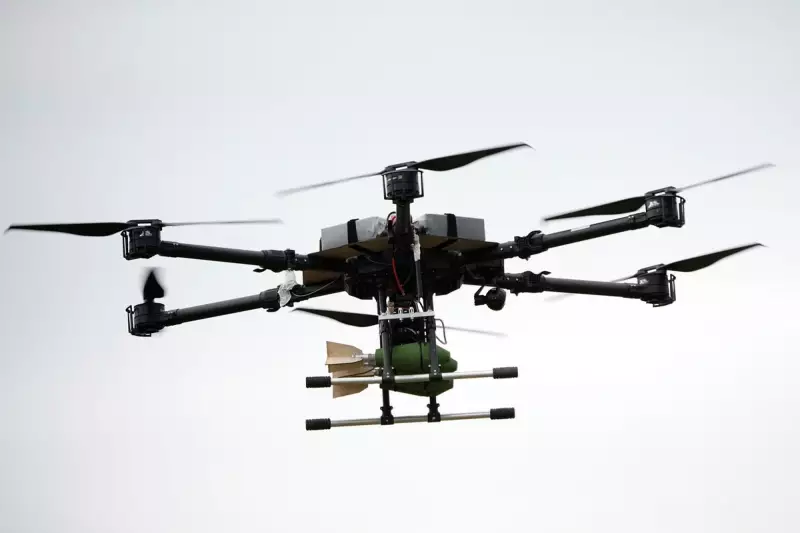
NATO allies are actively debating a potentially game-changing proposal: intercepting Russian missiles and drones in Ukrainian airspace. The call for more assertive action comes from Poland's top diplomat, Radosław Sikorski, who argued the alliance should not remain passive while Ukraine comes under relentless aerial attack.
The controversial idea was a central topic at a meeting of NATO foreign ministers in Brussels this week. It represents a significant shift in the Western approach to the conflict, moving from supplying defensive weapons to considering direct, albeit limited, military action to protect Ukrainian territory.
A Shift in Strategic Thinking
"I have asked the NATO secretary general to consider options for the alliance to help Ukraine protect its skies," Mr Sikorski stated. His proposition involves NATO forces using their advanced capabilities to destroy incoming Russian projectiles before they can strike Ukrainian cities and infrastructure.
This marks a departure from the current policy where NATO provides intelligence, weapons, and training but stops short of direct engagement in combat operations against Russian forces. The suggestion reflects growing frustration among Eastern member states about the need for more decisive measures to counter Moscow's aggression.
The Legal and Political Minefield
Such action would undoubtedly escalate tensions with the Kremlin, which has repeatedly warned that Western intervention could lead to broader conflict. Russia would likely interpret NATO missiles hitting its projectiles as direct participation in hostilities.
Legal experts are divided on whether such operations would constitute an act of war under international law. The proposal would require unanimous support from all 32 NATO members—a challenging threshold given differing risk appetites across the alliance.
Broader Support for Ukraine
The discussion comes alongside other significant developments in Western support for Kyiv. NATO members are working to institutionalise long-term military assistance through a proposed $100 billion fund, ensuring support continues regardless of political changes in member countries.
Additionally, several nations have lifted restrictions on how Ukraine can use donated weapons, potentially allowing strikes on military targets inside Russia. The United States, however, maintains its prohibition on using American-supplied arms for cross-border attacks.
As the war enters its third year with no diplomatic solution in sight, NATO finds itself grappling with difficult questions about how far it should go to protect Ukrainian sovereignty without triggering a direct confrontation with nuclear-armed Russia.





